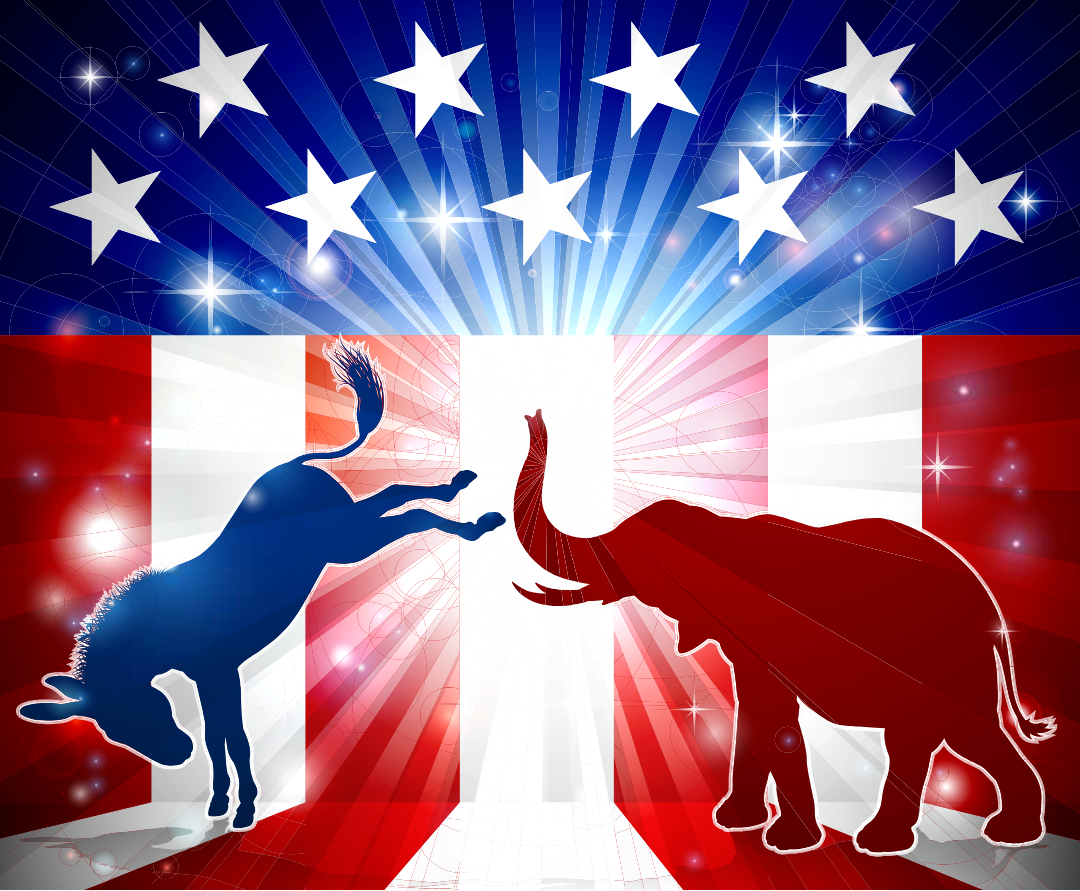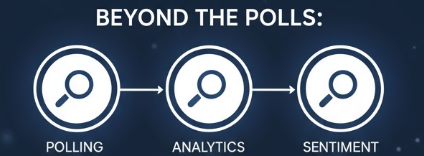Political affiliations and extremism: scientists believe social identity theory holds the answers.
What to Know:
-
Social Identity Theory (SIT) provides insights into the formation and implications of political affiliations.
-
Understanding social identity involves concepts like social categorization, identification, and comparison.
-
Zabinski and Bolsen's research reveals how partisan identity influences political beliefs and candidate evaluation.
Political identity wields significant influence over individuals' perceptions and actions within the political arena. Just as social identities shape personal experiences, political identity molds how individuals engage with political information and participate in civic life.
At the core of understanding political identity lies Social Identity Theory (SIT), offering insights into the formation and implications of political affiliations. But how does political identity form, and what impact does it have on political discourse and decision-making? Let's explore.
What is Social Identity Theory?
Social identity is a multifaceted aspect of human experience that encompasses various dimensions such as race, gender, socioeconomic status, and more. At its core lies the intricate interplay between individual perceptions and societal structures, shaping interactions and behaviors within communities. Scholars have created frameworks like Social Identity Theory (SIT) to analyze social identity and group dynamics in greater detail.
Social Identity Theory, as defined in ScienceDirect, provides a robust framework for understanding identity formation and group behavior. At its foundation are key concepts that illuminate the mechanisms through which individuals navigate their social worlds: social categorization, social identification, and social comparison. Here’s a closer look at each:
-
Social categorization involves the process of grouping oneself and others based on shared characteristics or attributes. This categorization serves as a foundational step in identity formation, influencing how individuals perceive themselves and others within their social contexts.
-
Social identification occurs when individuals emotionally invest in a particular group or category, deriving a sense of self from their membership. This deep-rooted affiliation with a group shapes perceptions, attitudes, and behaviors, fostering a sense of belonging and camaraderie among members.
-
Social comparison involves the act of comparing one's group to others, seeking validation and esteem for the identified membership. Through this comparative process, individuals reinforce in-group solidarity while accentuating differences with out-groups, contributing to the dynamics of intergroup relations and conflicts.
To put it briefly, Social Identity Theory illuminates the psychological processes that underlie social interactions and behaviors while providing insightful understanding of the intricacies of identity formation and group dynamics. For a deeper understanding of social identity and group dynamics, scholars have developed frameworks such as Social Identity Theory (SIT).
Social Identity and Political Behavior: Insights from Party Identity
Zabinski and Bolsen's study goes deeply into the complex connection between partisan identity and the evaluation of political candidates, shedding light on how political affiliations shape individuals' perceptions and choices. Their research vividly illustrates how partisan identity, marked by a profound emotional attachment to a political party, significantly influences political beliefs, attitudes, and behaviors. These researchers provide compelling insights into why individuals prefer candidates from their in-group while harboring negative perceptions of candidates from outside their group through the lens of Social Identity Theory (SIT).
|
Consider two individuals, John and Jessie, both avid supporters of different political parties. Despite being presented with identical information about a political candidate, their evaluations may differ significantly due to their partisan identities. Jessie, deeply aligned with her party's values and ideologies, may view the candidate positively, considering them as a representative of her in-group. In contrast, John, firmly entrenched in his own party's beliefs, may harbor skepticism or even disdain toward the same candidate, perceiving them as an outsider to their political tribe. *This anecdote illustrates the pervasive influence of social identity on political perceptions and behaviors. |
Zabinski and Bolsen's research serves as a poignant reminder of the complexities inherent in political identity formation and the consequential effects it has on candidate evaluation and electoral outcomes. Through their study, they offer valuable insights into the psychological mechanisms driving political attitudes and behaviors, enriching our understanding of the intricate interplay between social identity and political dynamics.
Factors Behind Our Personal Partisan Affiliations
Political identity is shaped by various factors that influence our beliefs, attitudes, and behaviors in the political realm. Recognizing these elements sheds light on the intricate processes involved in the formation of political identity:
-
Socialization and Family Influence: Political beliefs often mirror those of our family and social circles, acquired through upbringing and cultural background.
-
Personal Experiences: Life events, such as economic struggles or encounters with social injustice, can shape our political outlook and alignment.
-
Media and Information Environment: Information from media outlets and online platforms can reinforce existing beliefs or introduce new perspectives, contributing to polarization.
-
Ideological Alignment: Alignment with political ideologies and policy preferences influences partisan identification.
-
Group Identity and Social Norms: Belonging to social groups based on factors like race or religion intersects with political identity, shaping perceptions and behaviors.
-
Psychological Factors: Cognitive biases, personality traits, and emotional responses play a role in political identity formation.
By understanding these influences, we are able to gain a more nuanced understanding of political behavior. There are diverse factors behind our partisan affiliations and we can foster constructive dialogue and engagement across ideological divides once we identify them.
Wrap Up
By using Social Identity Theory (SIT) to unravel the complex web of political identity, one can gain important insights into the dynamics of political parties, voter behavior, and partisan polarization. Scientists suggest that SIT may illuminate the formation of political affiliations, the rise of political tribes, and the emergence of extremism.
Accepting the rich diversity of political identities becomes essential as we promote inclusive discourse and group action. By exploring the intricacies of political identity in greater detail, we steer the political discourse toward a future marked by comprehension, engagement, and empathy across a wide range of ideological perspectives. With the help of SIT, we hope to create a more just and inclusive political environment where all identities are respected and all people have a voice.





